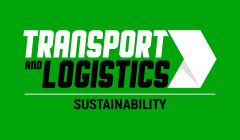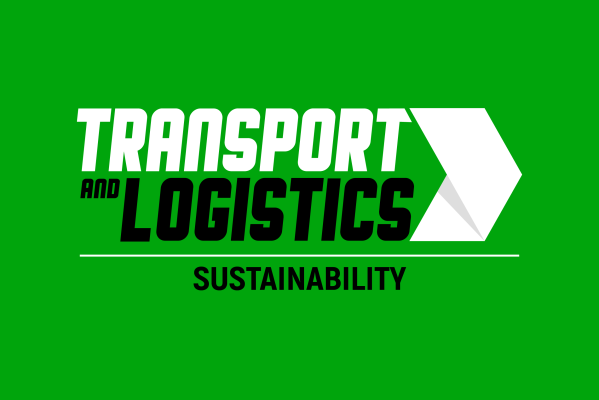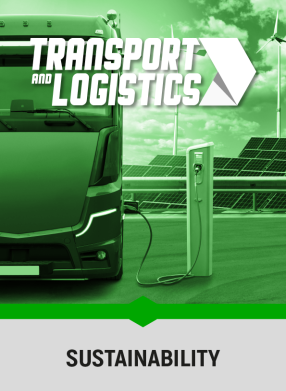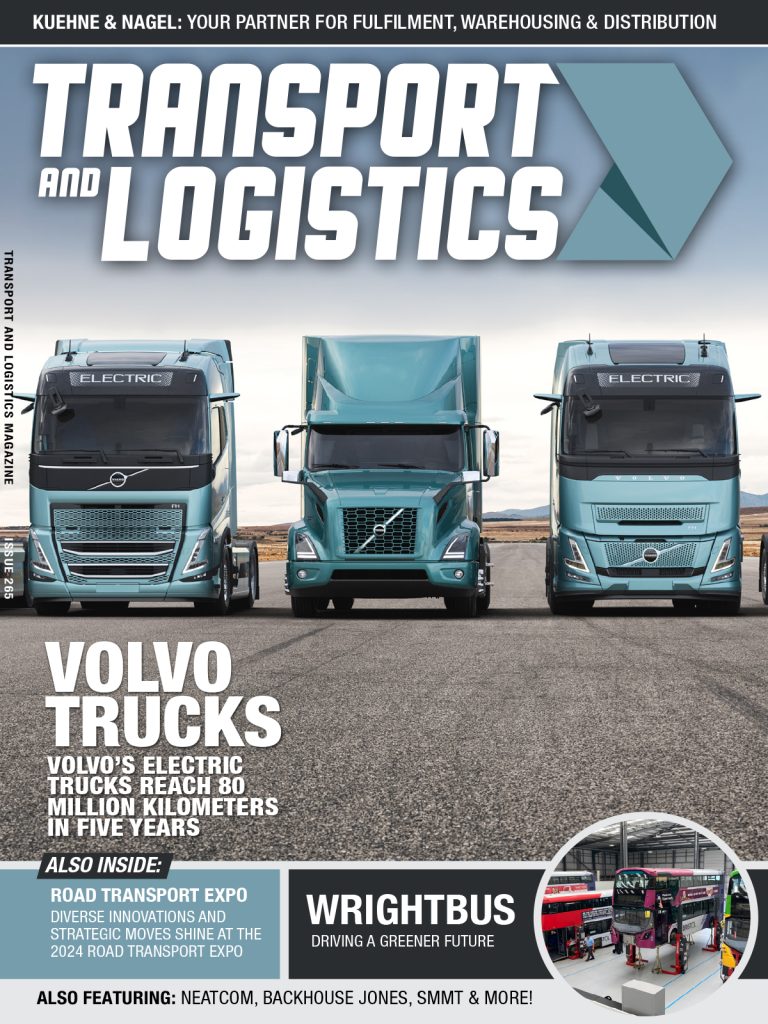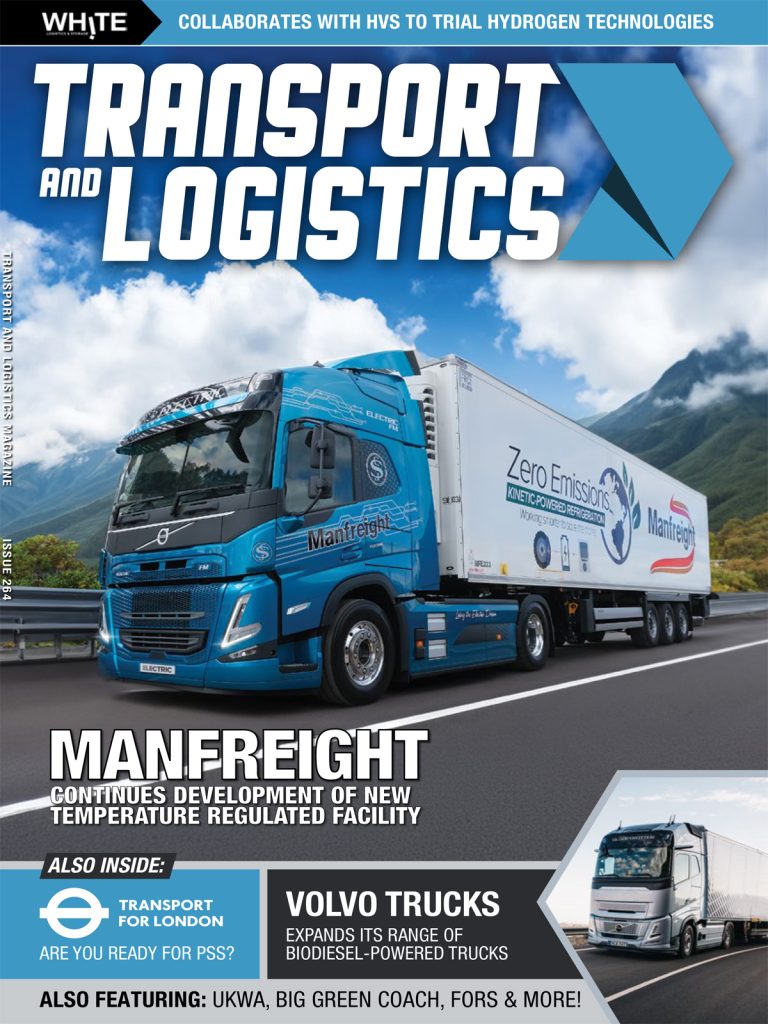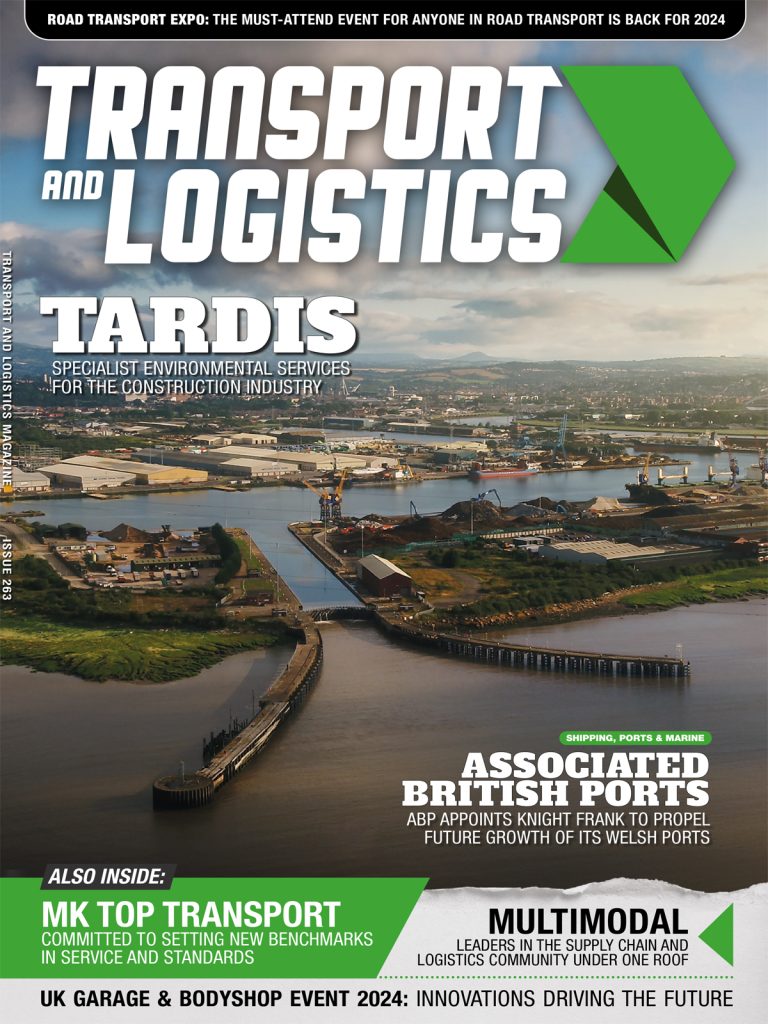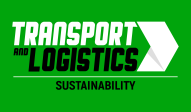The House of Lords Science and Technology Committee has invited contributions to its new inquiry into the future of driverless cars in the UK.
It is widely believed that the UK has the potential to become a world leader in the development, production and deployment of driverless (or autonomous) vehicles.
The inquiry will gather evidence on the potential uses and benefits of autonomous vehicles in contexts such as farming, road transport and space exploration.
The committee is looking for a wide range of written evidence from as big an audience as possible and throughout a whole range of possible applications from public transport to cars.
Questions which the inquiry will aim to cover include:
- What are the potential applications for autonomous vehicles?
- What are the potential user benefits and disadvantages from the deployment of autonomous vehicles?
- Are further revisions needed to insurance, regulation and legislation in the UK to create an enabling environment for autonomous vehicles?
- What is the scale of the market opportunity for autonomous vehicles?
- Will successful deployment of autonomous vehicles require changes to digital or physical infrastructure?
Lord Selborne, Committee Chairman, said that rapid progress is being made in developing autonomous vehicles and that they are being developed for a range of purposes, with the potential to bring many benefits throughout a range of different sectors, such as farming.
Lord Selborne continued: “We will examine what the Government is doing to support research into developing autonomous vehicles in the UK, as well as the real world implications as these vehicles start to appear on the roads and in the work place.
“If the UK is to be at the forefront of this transport revolution, investment into research is vital to ensure the technology is perfected, allowing the public to embrace the use of autonomous vehicles.
“There are potentially considerable economic opportunities and public good benefits from this technology.”
